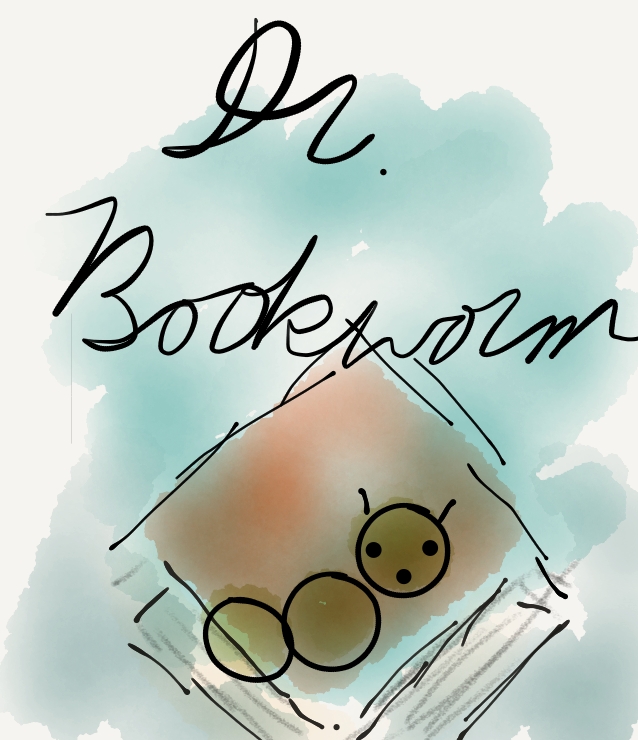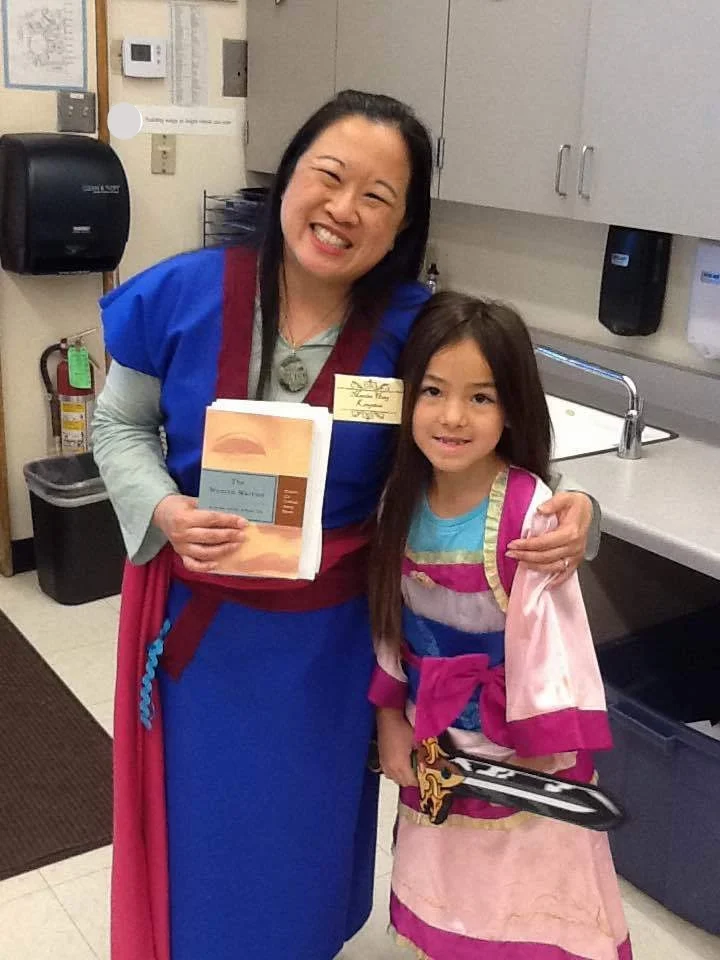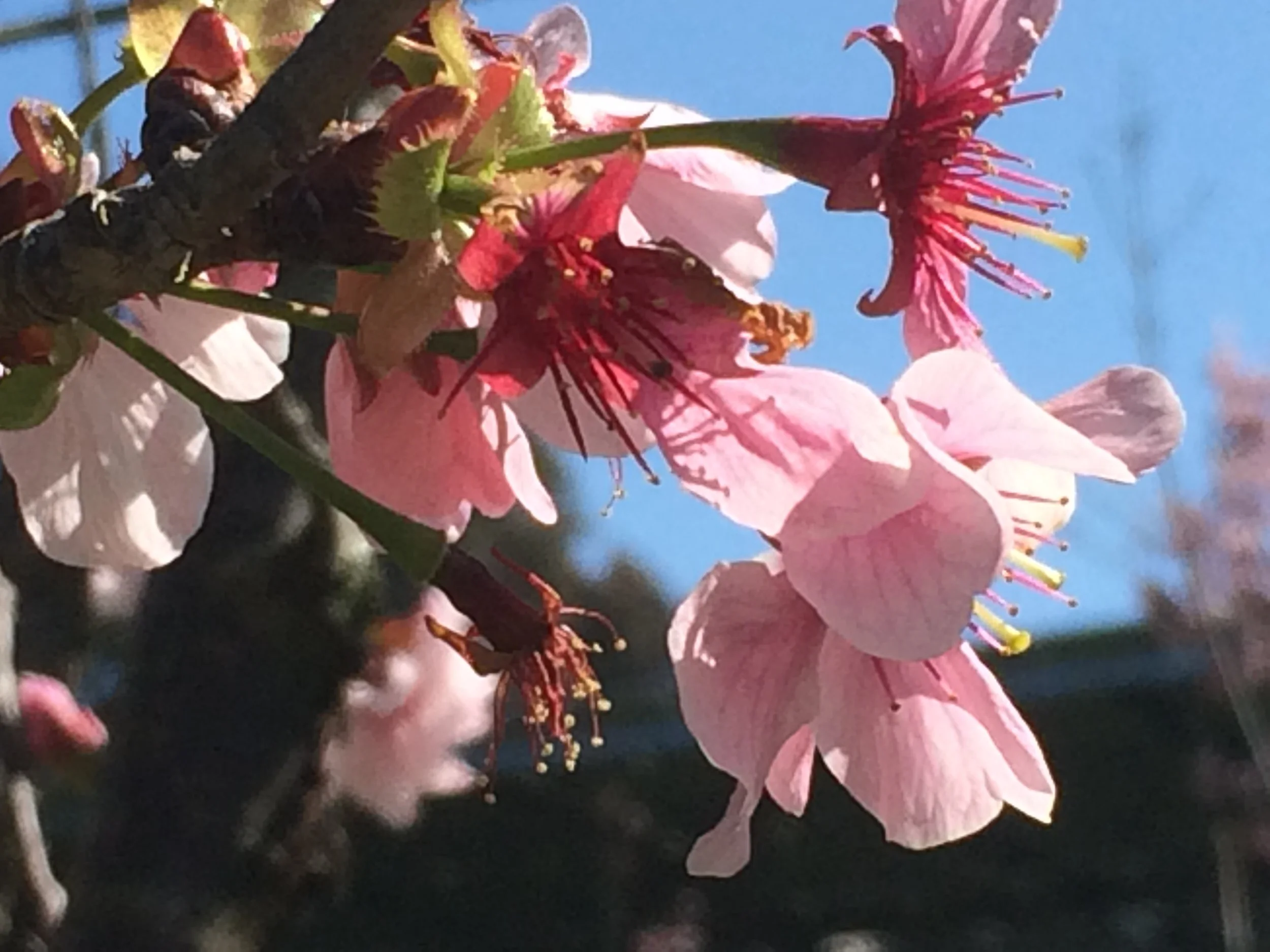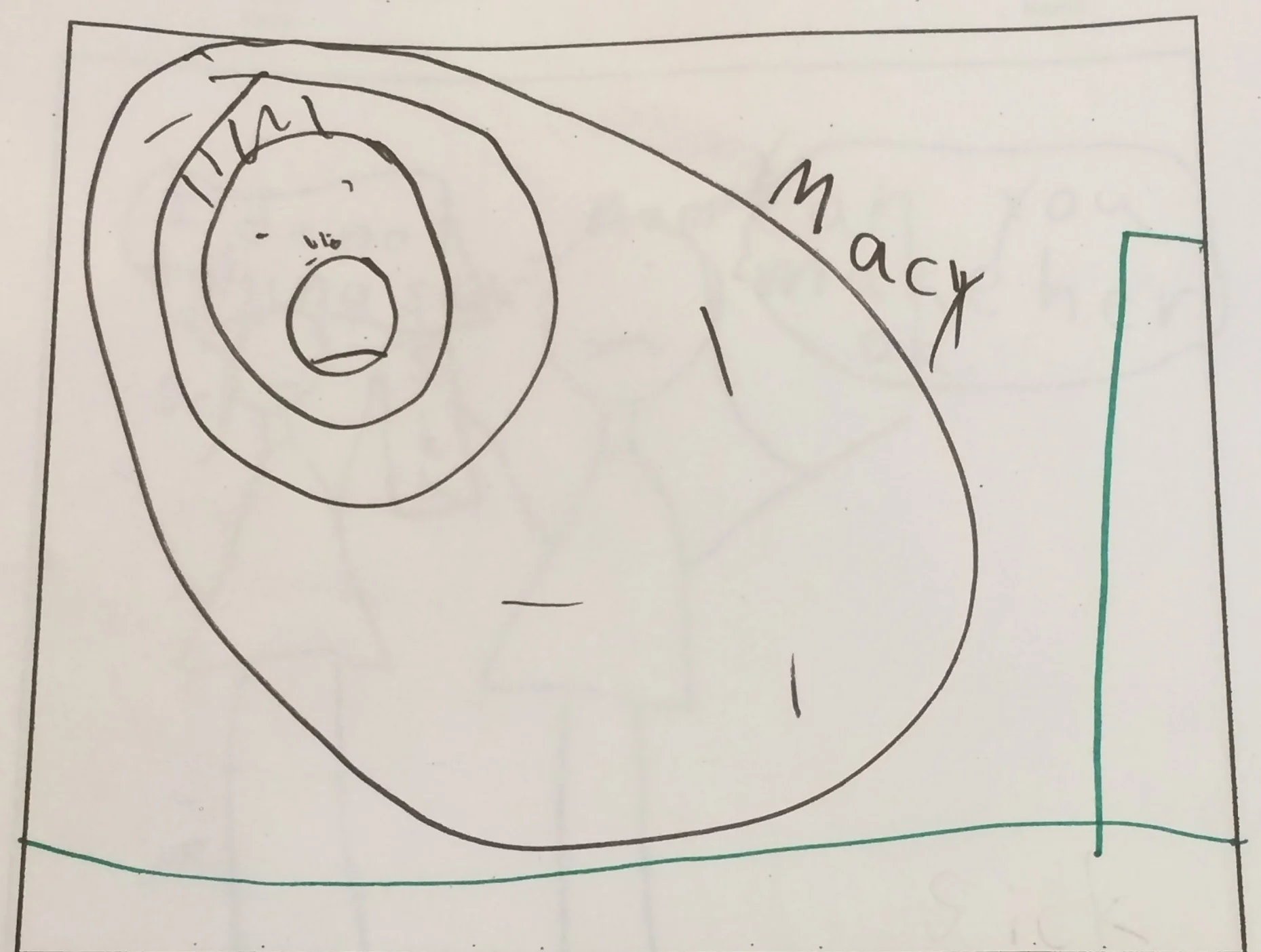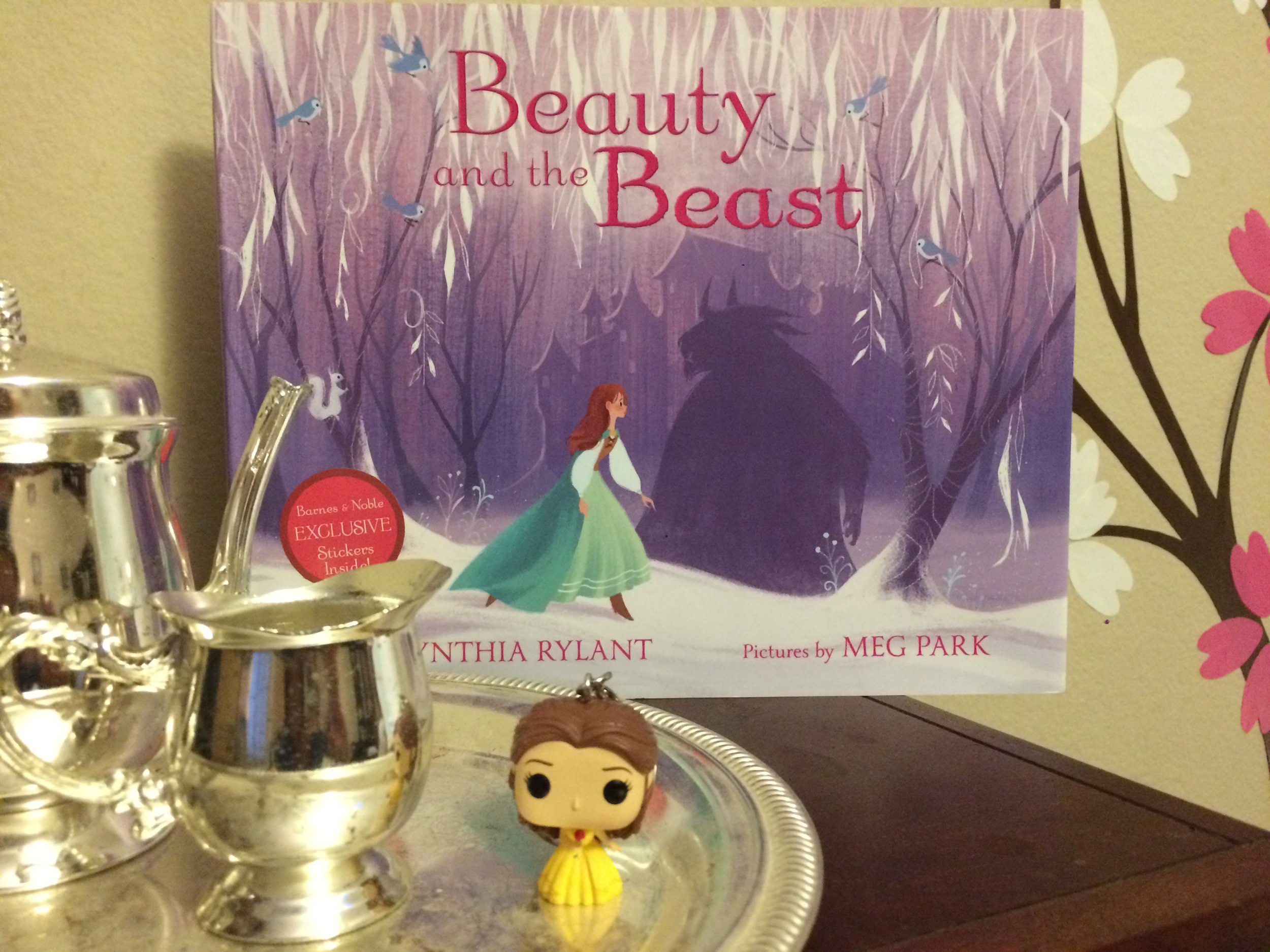Choosing to Be a Woman Warrior
When we Chinese girls listened to the adults talk-story, we learned that we failed if we grew up to be but wives or slaves. We could be heroines, swordswomen. Even if she had to rage across all China, a swordswoman got even with anybody who hurt her family.....At last I saw that I too had been in the presence of great power, my mother talking-story. After I grew up, I heard the chant of Fa Mu Lan, the girl who took her father's place in battle. Instantly I remembered that as a child I had followed my mother about the house, the two of us singing about how Fa Mu Lan fought gloriously and returned alive from war to settle in the village. I had forgotten this chant that was once mine, given me by my mother, who may not have known its power to remind. She said I would grow up a wife and a slave, but she taught me the song of the warrior woman, Fa Mu Lan. I would have to grow up a warrior woman.
Excerpt from "White Tigers" from The Woman Warrior: Memoirs of a Girlhood Among Ghosts by Maxine Hong Kingston
I was asked to participate in Women in History Day at my daughters' school last week. Though I don't have the ease of presenting in front of crowds like Mini Me does with her singing, I decided to participate anyway.
I had two choices who immediately sprang to mind--Elizabeth Blackwell (the first woman to graduate with a medical degree in the United States) and Maxine Hong Kingston. Both women are fantastic role models who I felt the younger generation could learn something from. In the end, I chose Maxine Hong Kingston.
Why Kingston? Kingston was one of many women writers I discovered in college. While I have always loved the classics, and my English degree is in Creative Writing (I majored in Biology too), my main focus in literature at UCLA was women's literature, specifically by ethnic minorities. So among my 'discoveries' were Kingston, Sandra Cisneros, Leslie Marmon Silko, Louise Erdrich. And one of my all time favorites, Toni Morrison. I was also fortunate to study under Professor Paula Gunn Allen, a pioneer in Native American literature/studies. While I'll never claim to be an expert, my focus in college opened up so many new worlds to me.
It's been decades since I first read The Woman Warrior and, of course, I'm older now. As I re-read the collection, especially "No Name woman" and "White Tigers", all I could think about was Kingston writing these stories when she was in her 30s, younger than I am now, I had to remind myself. What's more: she wrote these stories while in Hawaii--where she and her husband moved to among all the increasingly dangerous anti-war protests that were happening in California. Kingston was very involved in the anti-war movement throughout her life; The Fifth Book of Peace reflects those beliefs, and she involved war veterans in the writing of the book.
What did she think about as she wrote these words? As she wrote her own talk-story? I come from a family of storytellers, most notably my Lola, my grandma on my Filipino side. We have a history of 'talk-story' similar to the Chinese that Kingston writes about, and similar to the some of the the Native Nation tribes I studied in college.
When The Woman Warrior was first published, Kingston drew sharp criticism from Frank Chin and other Asian-American writers, mostly male. Some felt her stories weren't a 'true' representation of Chinese culture. But what is a true representation of such a vast and diverse culture? Kingston chose to ignore the criticism and forge on in her writing.
I won't pretend to analyze The Woman Warrior, as I had enough of that in college and grad school. What I will say is that it was a seminal work for me when I was in my late teens/early 20s, and I still enjoyed re-reading it again now. She has such a nice blend of memoir, myth, magicorealism, and poetry in her writing and it's fun to re-discover her world. She wrote the book with the intent of it being a larger work and her subsequent book, China Men (which won the National Book award), is meant to be its companion piece.
I am still in the middle of reading Kingston's latest book I Love a Broad Margin to My Life, an autobiography written in free verse on the verge of her 65th birthday. I'm enjoying her insights to her life, just as I enjoyed her earlier works.
Addendum: Women in History Day was a wonderful experience for me. I was nervous and I wish I had had more time to research Kingston more fully as some of my counterparts did for the women they represented, but I made it through my presentation to five classrooms. What I enjoyed most about the day was seeing so many moms and grandmas take the time to participate to tell the kids about some well known and lesser known women, including Pauline Cushman (a Civil War spy), Lady Lovelace (Ada Byron, a mathematician who wrote the first computer program), Stephanie Kwolek (a chemist who invented Kevlar), and Ruby Bridges (the first African-American child to attend an integrated elementary school). What an honor to participate alongside some inspiring women and the women they portrayed. Thank you to Mrs. M and Ms. P, our amazing librarians!
Now I have a lot more studying to do to learn more about some of these amazing people--I think I should start with Women in Science: 50 Fearless Pioneers Who Changed the World.
PS If you're wondering, yes, I made my costume. I decided that since Kingston is a contemporary, I would dress up as Fa Mulan since she wrote a re-telling of her story in The Woman Warrior. I couldn't figure out how to make the armor quickly so I sewed her blue outfit and used Little Lion's Legoland sword. And, yes, I asked her to dress up that day too. (Photo posted with permission, and taken by Little Lion's teacher.)
…I have changed/I am a dandelion puffball blur. My hair,/scribbles of white lines. My face. Lines/crisscross and zigzag my face./My eyes. I am looking into eyes/whose color has turned lighter, hazy brown./Wind and time are blowing me out." –from I Love a Broad Margin to My Life
Some resources I used:
1. The Woman Warrior by Maxine Hong Kingston
2. http://www.biography.com/people/maxine-hong-kingston-37925#profile
3. https://www.theguardian.com/books/2003/dec/13/featuresreviews.guardianreview6
4. http://www.washingtonpost.com/wp-dyn/content/article/2007/06/18/AR2007061801713.html
A follow-up to my post about sexual harassment as a medical student: I found it fitting that Kingston decided to ignore the criticism and not respond. I also found it fitting that I was researching her life and the life of Elizabeth Blackwell at a time when I made the brave move to talk about an incident (or three) of sexual harassment as a medical student. I submitted an edited version to KevinMD (part of MedPage Today) and while I told myself that I wouldn't read the comments, I read a few. Of course I drew criticism because a physician must show a stiff upper lip and not speak out against injustices.
What I found disturbing was that a physician was criticizing me for speaking out. Why? I had nothing to gain except lending a voice to someone else who has been through something similar or worse.
And, after I wrote my piece, I asked my husband what he remembered about what happened. As I suspected, he remembered it all whereas--as I stated clearly in my post--I blanked out a lot of the experience in my memory. So there were repeated attempts at something more physical, which I blocked. And also was criticized for.
But I choose not to respond there, where I feel I am just open to more criticism from the establishment, from those who claim that sexual harassment or mistreatment from patients or peers or hierarchy is just 'the way things are'. Because THIS DOES NOT HAVE TO BE THE WAY THINGS ARE AND WE DO NOT HAVE TO ACCEPT--AS DOCTORS OR OTHERWISE--THAT SEXUAL INNUENDO, HARASSMENT OR UNWANTED ADVANCES IN THE WORKPLACE IS OKAY JUST BECAUSE WE CAN'T CHANGE IT.
No, we can't ask patients to take sensitivity training. But we can use our voices to speak out. And we can let everyone, especially our doctors or nurses in training, know that we don't accept this behavior. Speaking out is my right, as an American. And this is my fight as an advocate for myself and for those who don't have a voice.
You know what I want?
Nothing more than my right to write about what happened.
